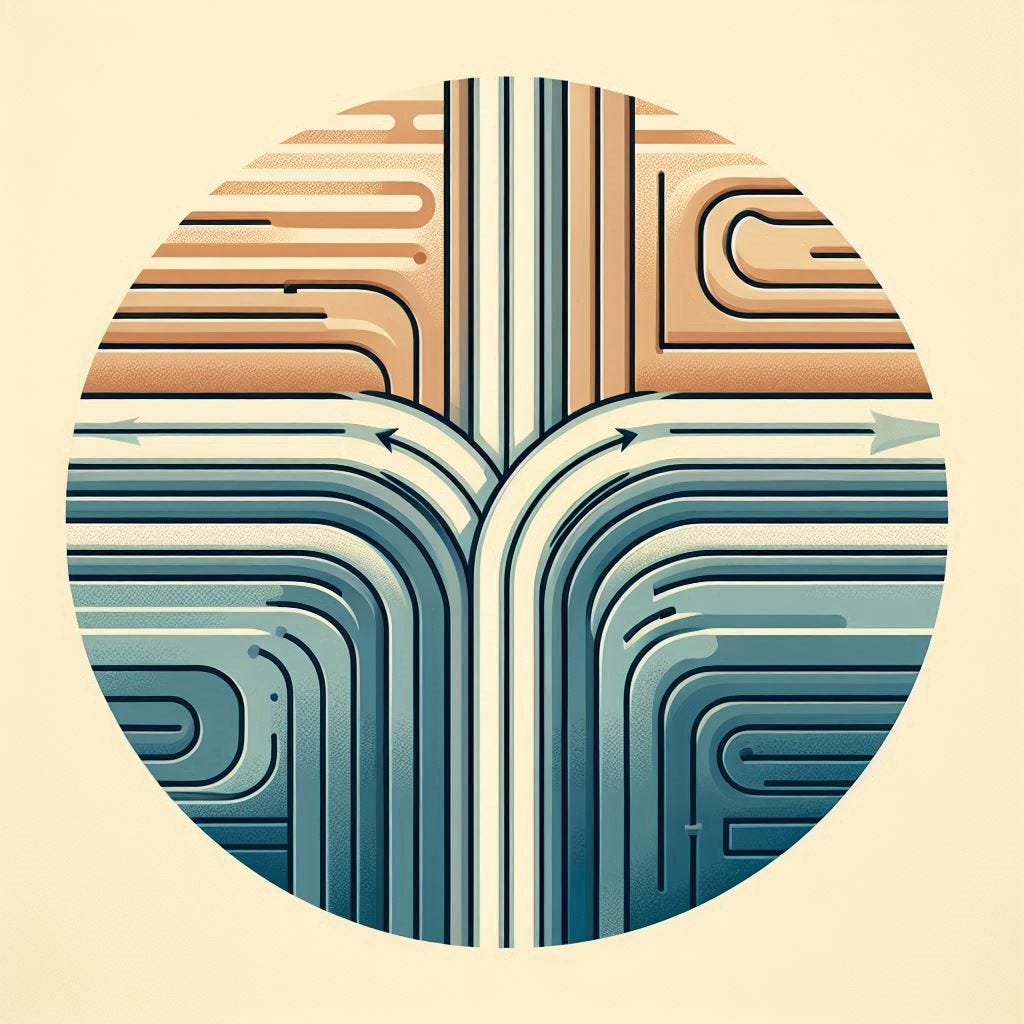I've been reflecting on how Thomas Kuhn1 observed something crucial about textbooks: they tend to erase the human story behind knowledge development. Reading about the evolution of modern welfare systems, you might think our current highly formalized practices emerged through a natural, inevitable progression. But that's not how it happened.
As we stand at another potential paradigm shift with AI and digital transformation, it's worth remembering that today's debates and choices will shape tomorrow's inevitable progression. The fierce discussions about AI's role in welfare work, the tension between standardization and professional judgment, the questions about what constitutes valid knowledge - these won't appear in future textbooks as the complex human struggles they are.
Just as previous generations' choices about evidence-based practice and standardization now seem like natural developments, our decisions about AI and welfare systems will likely appear obvious to future practitioners. But right now, we're actively shaping that future through our debates, resistance, and acceptance of different approaches.
The question is: what story do we want future textbooks to tell about how we handled this transformation? What choices are we making today that will become tomorrow's natural progression?
What choices are we making in your practice today that might look inevitable to future generations, but actually reflect complex debates and tradeoffs we're actively navigating?
Kuhn, T. (1970) The Structure of Scientific Revolutions.







I am not sure of an answer, but I respect the challenges you have in your station to deliver a workable solution for those who need access to data, and how and if it can nurture them appropriately. /s/